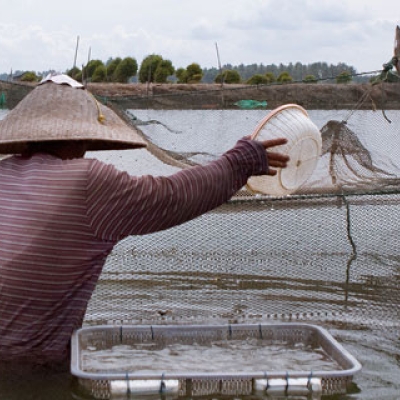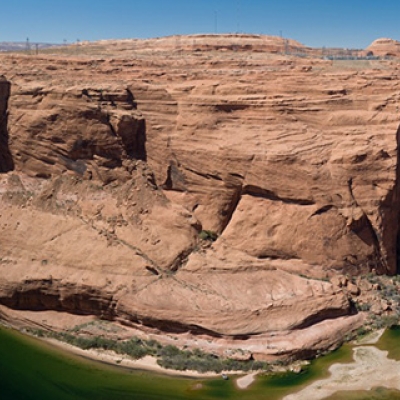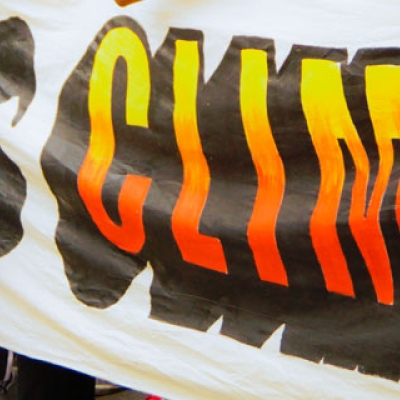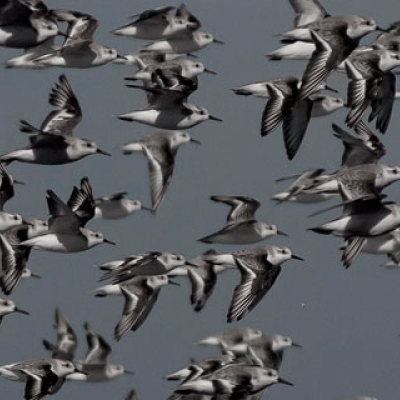
Can Pres. Obama restore the integrity of federal science?
By David Wilcove / On November 20th, 2008
A reporter recently called me, asking what changes in environmental policy I hoped to see in an Obama Administration. I immediately thought of the specific issues that have troubled me over the past eight years: unregulated oil and gas exploration in the West, too few species protected under the Endangered Species Act, too many snowmobiles in Yellowstone National Park, the reckless quest to drill, baby, drill in the Arctic National Wildlife Refuge, etc., etc. And then it struck me that there was something far more fundamental that President Obama needs to do.





